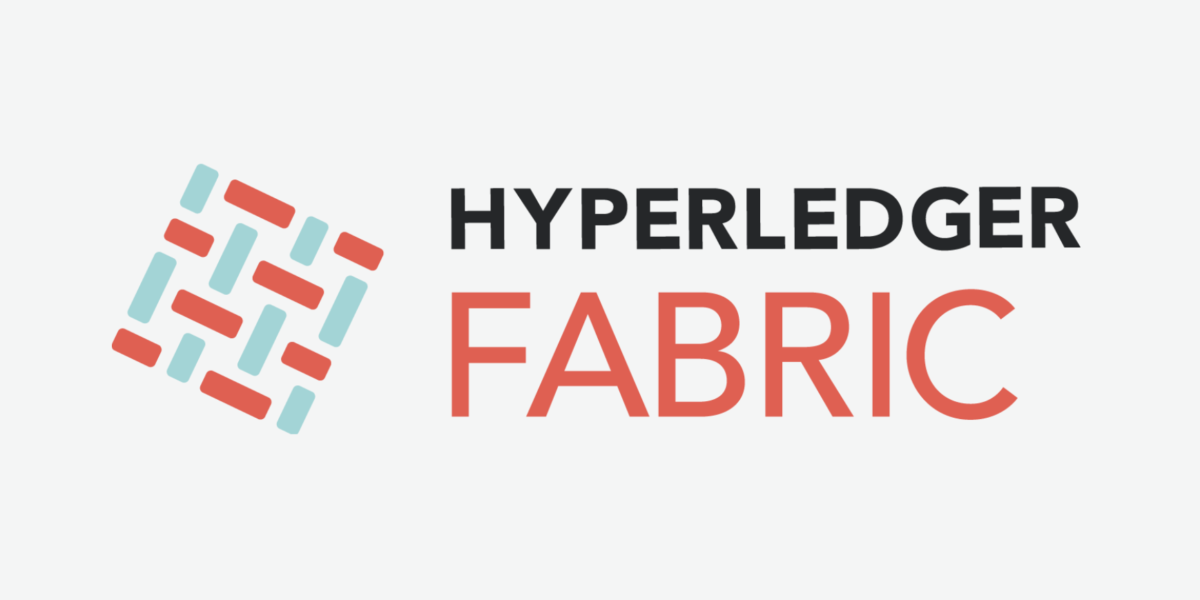The Hyperledger project was created as an open source collaborative effort to advance cross-industry blocckhain technologies. Hosted by the Linux foundation, the project is global and includes leaders in finance, internet of things, supply chains, manufacturing and technology.
It is with this background that the Enterprise Ethereum Alliance (EEA) and Hyperledger announced that they were joining each other’s organizations as Associate Members. In the announcement that was made in early October, the team at EEA had this to say about the new strategic partnership:
Our two organizations have similar objectives, such as broadening and strengthening the community around and the adoption of enterprise blockchain technologies. What we hope to get across to the public is that anyone who ever put a “versus” between EEA and Hyperledger got it wrong; it’s now conclusively “EEA AND Hyperledger.”
Related News: Ripple Partners with Hyperledger.
The Hyperledger Fabric Now Supports Ethereum
Less than a month after the partnership announcement, the team at Hyperledger have announced that their Hyperledger fabric, now supports Ethereum.
The announcement went on to describe the Hyperledger Fabric as follows:
- The Ledger Technology: The actual blockchain, or transaction log, is stored in the file system of the peer using merkle hashes while the current state of the world is stored separately in a database for quick lookup.
- The Consensus Mechanism: The combined effect of the endorsement model and the ordering service achieve consensus in the network.
- Membership Services: Fabric has the concept of Membership Service Providers (MSP) which manages the concept of identity by issuing certificates, validating them and authenticating users. The MSP is a core part of permissioning in Fabric.
- Smart Contract Runtime: Fabric mainly supports smart contracts that are written in Go or Node.js.
This fabric now supports the Ethereum Virtual Machine (EVM) bytecode smart contracts. The contracts can be written in languages such as solidity or vyper. The Fabric also has the capability of developing Decentralized Application using web3.js. This means developers can migrate or create DApps for a permissionless platform.
Future Plans for Ethereum
The team at Hyperledger has future goals to enable smart contract events and expanding support so that clients such as Remix and Truffle can be used to interact with the fabric. Other features of the Ethereum ecosystem are also being explored for adoption.
What are your thoughts on the Hyperledger fabric supporting the Ethereum Virtual Machine? Please let us know in the comment section below.
[Image courtesy of HypeLedger.org]

